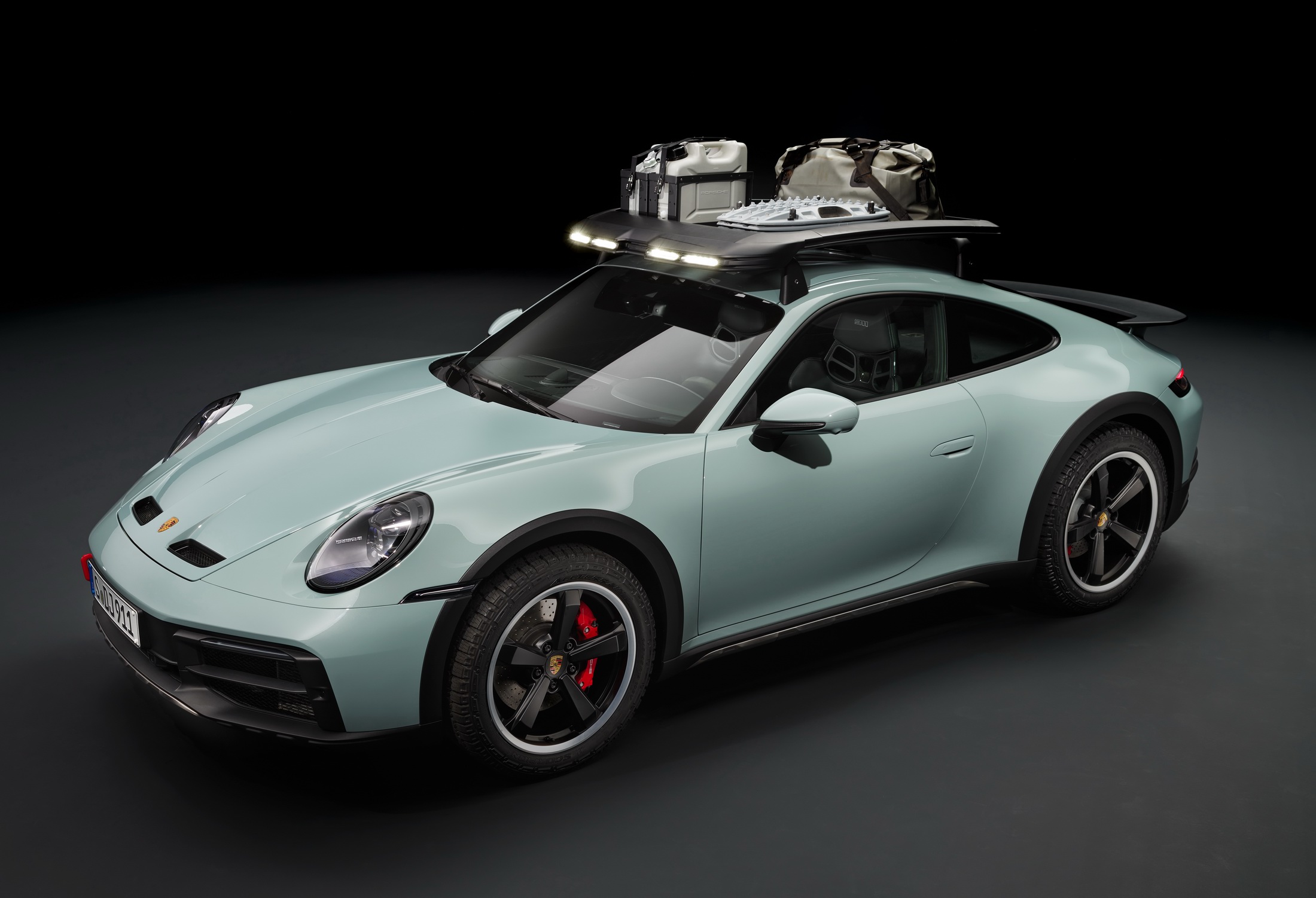The Legend Of The Porsche Dakar: Triumphs In Desert Rally Racing
Share
When one thinks of Porsche, images of sleek, high-performance sports cars come to mind. However, the company’s legacy extends beyond asphalt racing circuits. A thrilling chapter in the history of Porsche is closely tied to the iconic Paris-Dakar Rally, which has cemented the brand's reputation for rugged endurance and mechanical prowess. This article explores the origins, iconic vehicles, and the legacy of the Porsche Dakar, showcasing how the rally continues to influence automotive design and engineering today.
The Origins of the Dakar Rally

The Paris-Dakar Rally began in 1978 as an off-road endurance race traversing harsh terrains, including deserts, mountains, and rugged landscapes. It quickly garnered a reputation for being one of the toughest challenges in motorsport, drawing competitors from around the world. While primarily featuring motorcycles and rally vehicles, the event invited manufacturers to test their engineering skills against the unforgiving conditions.
Porsche, renowned for its precision and speed, recognized the potential of entering the Dakar rally to showcase its vehicles' capabilities. It paved the way for the brand’s engagement in off-road racing, a significant departure from its traditional track-focused identity.
The Porsche 953: A Trailblazer in Off-Road Performance
Before the 959 made waves, Porsche tested its mettle in the Dakar Rally with the Porsche 953. Built on the well-known 911 chassis, the 953 combined the legendary performance of the 911 with off-road capabilities. With a modified suspension, iconic wide wheel arch extensions, and a lightweight design, it was well-equipped to tackle the treacherous Paris-Dakar terrains.
Although the Porsche 953 did not clinch the overall victory, it laid the groundwork for future endeavors in the world of off-road racing. Its participation signified Porsche's commitment to adapting its engineering expertise, paving the way for significant off-road models that would follow.
The Porsche 959: Domination in the Desert

When discussing Porsche Dakar, one cannot forget about the famed Porsche 959. Launched in 1986, the 959 was a game-changer in the realm of off-road endurance racing. With its advanced all-wheel-drive system, twin-turbocharged flat-six engine, and an innovative adjustable suspension, it was the embodiment of Porsche engineering excellence.
In 1986, the 959 dominated the Paris-Dakar Rally, where it finished first in the overall classification with René Metge at the helm. This victory was not just a significant achievement for Porsche; it also revolutionized rally racing by incorporating advanced technologies that would later influence production vehicles. The 959’s success solidified Porsche's reputation as an all-terrain contender and set the stage for future models.
Porsche and the Evolution of Rally Racing

The legacy of the Porsche Dakar continued past the 959's triumphant run. The brand’s involvement in rally racing shaped the design philosophy in subsequent models, encouraging innovation in technology and performance. Vehicles designed for the World Rally Championship and those that have participated in the Dakar Rally borrow heavily from the off-road capabilities forged in earlier battles.
The modern iterations of the Porsche Cayenne and Macan, while primarily used as luxury SUVs, boast significant off-road technology that pays homage to the brand’s rally heritage. The lessons learned from the Dakar challenge, particularly in terms of engine performance, suspension design, and driving dynamics, have undoubtedly influenced the brand’s contemporary offerings.
The 2022 Porsche 911 Dakar: A Modern Tribute

In 2022, Porsche unveiled the 911 Dakar, a limited-edition model that pays tribute to the brand’s remarkable history in off-road racing. This modern vehicle encapsulates the spirit of the Porsche Dakar ethos while integrating advanced technology for an exhilarating driving experience, both on and off-road.
The 911 Dakar combines the iconic 911 silhouette with rugged enhancements such as increased ground clearance, robust wheel arch protections, and all-terrain tires. With its powerful twin-turbocharged engine and capable all-wheel-drive system, this new entrant harkens back to the glory days while promising thrilling performance in diverse driving conditions.
The 911 Dakar’s launch symbolizes a renewed engagement with rally heritage, sparking interest among enthusiasts and collectors alike. By continuing to produce vehicles inspired by its storied past, Porsche ensures that the legacy of the Dakar remains alive.
Conclusion: The Unforgettable Impact of Porsche Dakar
The Porsche Dakar journey showcases the brand's resilience and versatility. From the groundbreaking 953 to the legendary 959 and the modern 911 Dakar, Porsche has continually pushed the boundaries of automotive engineering in pursuit of creating remarkable vehicles suited for any terrain.
As we witness the new generation of Porsche vehicles, it becomes evident that the spirit of the Dakar Rally continues to influence design, technology, and performance standards. With every twist and turn, the legacy of Porsche in the realm of off-road racing reminds us that true passion lies not only in speed on the racetrack but also in the thrill of conquering the wild terrains of the world.
For Porsche enthusiasts, the history of the Dakar Rally represents more than just vehicles; it is a celebration of ingenuity, adventure, and the relentless pursuit of excellence that continues to define the Porsche brand. With each new model, the legacy lives on, encouraging a bold spirit and a commitment to explore the extraordinary.